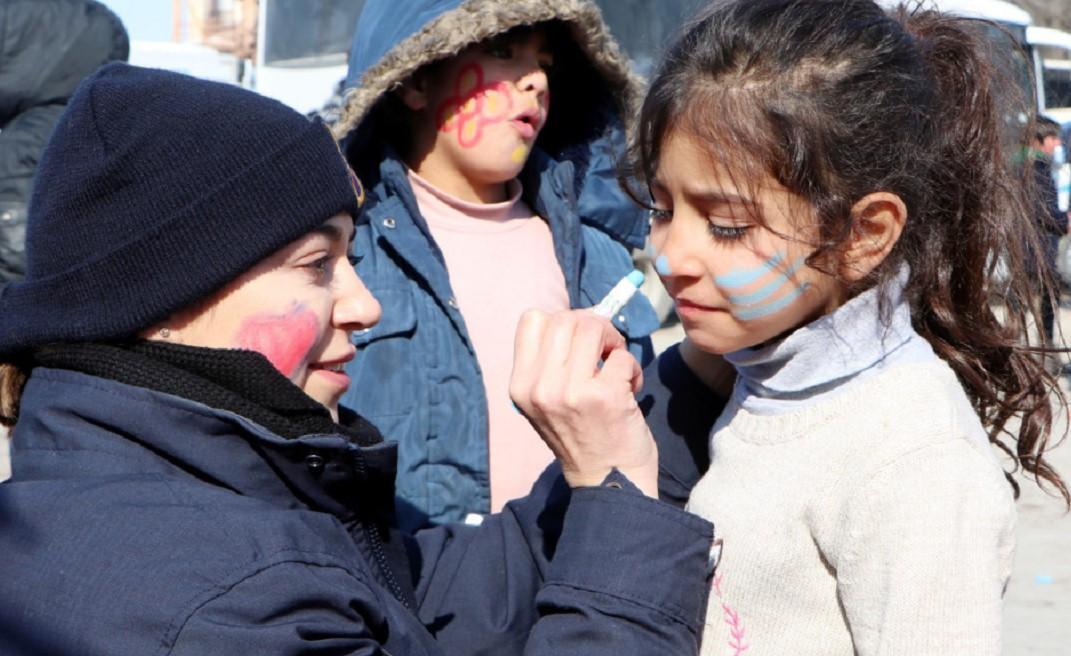
More than 190,000 people applied to the Family and Social Services Ministry to become a foster family for quake victim children in need of protection and care after they were pulled out from the rubble.
Children are being treated in hospitals under the supervision of the ministry and efforts are being made to reach the families of the children first, ministry officials said, adding that they were receiving two or three applications a day before the earthquake.
Stressing that the children who survived the tremor will not be given to those who apply for foster family after the earthquake, Family and Social Services Minister Derya Yanık said they will evaluate the applications of families who have passed the ministry processes and been approved. Those who apply in the past week will be monitored and evaluated over time, she added.
“Currently, we cannot give our earthquake victim children to those who want to be foster families or to take care of our children periodically as these children are traumatized. Therefore, if they are not in the environment they are accustomed to, our preference is for our children to be with our expert personnel,” the minister said later.
More than 520 quake victim children were registered to the system after the disaster, nearly 80 of them were handed over to their families, nearly 340 children were admitted to hospitals and more than 110 children were under surveillance, Yanık informed.
“Children who survived the disaster are first directed to health institutions and they are registered with a certain number. Then, the institutions wait for the family or relatives of the child to contact,” lawyer Büşra Erman elaborated, adding that children whose treatment is completed are under the protection of the ministry and will not be given to a foster family immediately.
The General Directorate of Child Services expects the first-degree relatives of the child to appear, Erman said.
“The children are not directly delivered to other people who say they are relatives. They also have to go through the same processes and can only gain the title of foster family if the application is positive,” she added.
In case their family emerges later, the children can be given back to their biological family, taking into account the benefit of the child, Erman said, noting that it requires a commission decision to be made by the institution.
The lawyer also pointed out the difference between adoption and being a foster family.
“Though the child is brought up in a healthy family environment for a short or long term and is provided to live with a foster family, legal inheritance occurs in adoption as the custody of the children passes to the families, making them bear the family’s surname,” she detailed.
Furthermore, the age of adoption, unlike in the foster family, requires the condition that the couples have completed the age of thirty or have been married for at least five years. Unmarried candidates only require the condition of having completed the age of thirty.